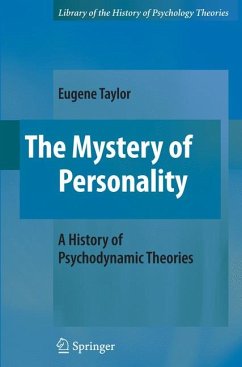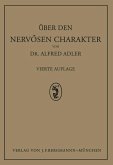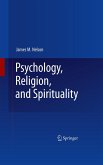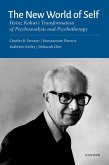Gradual but vital evolutions form the heart of this chronicle: the ebb and flow of analytic theory and practice, the shift from doctor-centered to client-centered therapy, the movement from exclusionary to multidisciplinary, the evolving role of the therapist. And as can be expected from the author, there is special emphasis on the sublime in psychology: the philosophy/psychology fusion of the New England transcendentalists, the battle between spiritualism and science in 1880s America, and early versions of today's spiritually-attuned therapies. Pivotal concepts and key individuals covered are:
- Charcot, Janet, and the origins of dynamic personality theory in the so-called French, Swiss, English, and American psychotherapeutic axis.
- Person and personality: William James's "radical empiricism"
- The rise of psychoanalysis: Freud, the Freudians, and the Neo-Freudians
- Adler and Jung, who were never "students" of Freud: Toward, within, and beyond the self
- Murray, Allport, and Lewin at Harvard in the 30s
- Culture and personality, pastoral counseling, and Gestalt Psychology in New York in the '40s and '50s
- An Existential-humanistic and Transpersonally oriented depth psychology in the 60s
- The current era: "science confronts itself," as neuroscience enters thepicture
Students of psychology and its history will find in this inspiring narrative both possibilities for further study and a new appreciation of their own work. The Mystery of Personality: A History of Psychodynamic Theories is a stimulating course conducted by a master teacher.
Dieser Download kann aus rechtlichen Gründen nur mit Rechnungsadresse in A, B, BG, CY, CZ, D, DK, EW, E, FIN, F, GR, HR, H, IRL, I, LT, L, LR, M, NL, PL, P, R, S, SLO, SK ausgeliefert werden.
"Taylor ... offers a comprehensive, compelling account of psychodynamic theories. ... the book reveals Taylor's talent for historical rendition as he describes and situates dynamic theory within the history of psychology and within a specific cultural epoch. ... Summing Up: Essential. Upper-division undergraduates through faculty." (A. N. Douglas, Choice, Vol. 47 (4), December, 2009)
"The Mystery of Personality: A History of Psychodynamic Theories is a historical treatment of 20th-century personality theory, the unconscious, and psychotherapy ... . a valuable encyclopedic resource for the history of Western psychotherapeutic and personality theory traditions. ... This ... work is a most welcome contribution. ... The Mystery of Personality is best suited to those psychologists and personality theorists who already know many of the facts and who are familiar with most of the characters and their stories." (Rachael I. Rosner, PsycCRITIQUES, Vol. 55 (18), May, 2010)
"As a volume keen to detail the historical shifts in psychodynamic theory - and the place of psychodynamic theory in personality development - this author succeeds brilliantly. He outlines with extraordinary thoroughness the shifts over the past century or more ... . Historically interested parties will find much in this volume to enjoy and to learn. ... it will be of interest to the reader that attention is given by this author to the nature of how any theorist must approach his or her work ... ." (Rudy Oldeschulte, Metapsychology Online Reviews, Vol. 14 (43), October, 2010)









